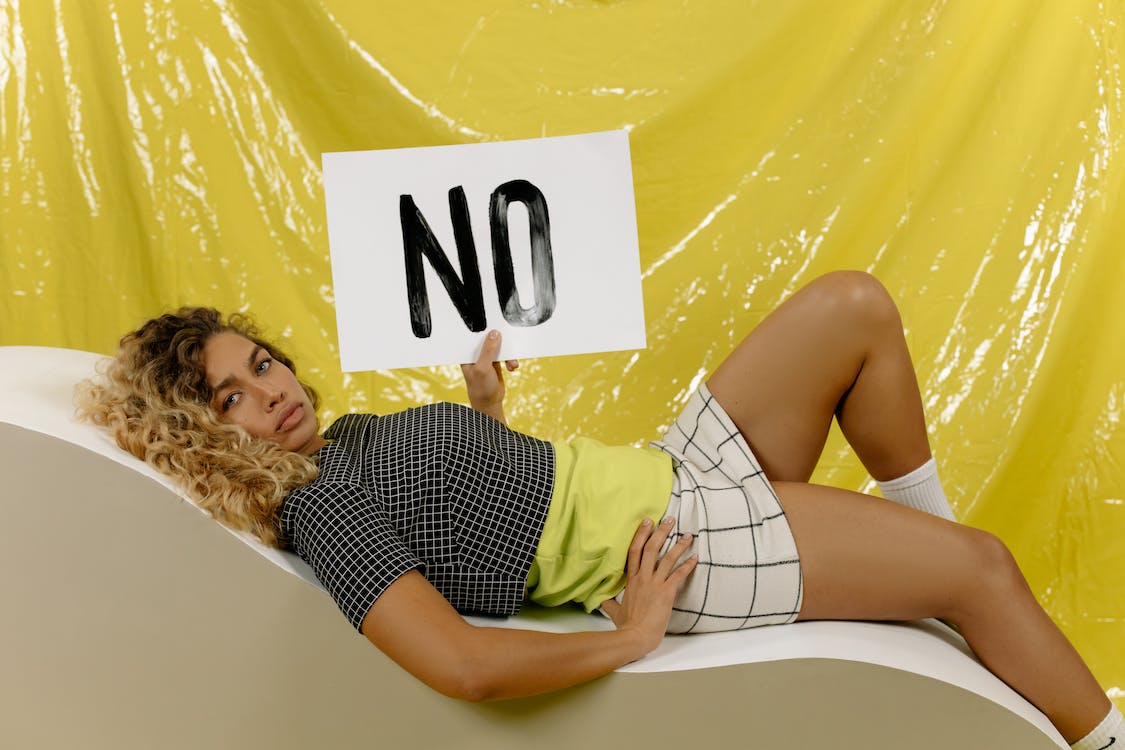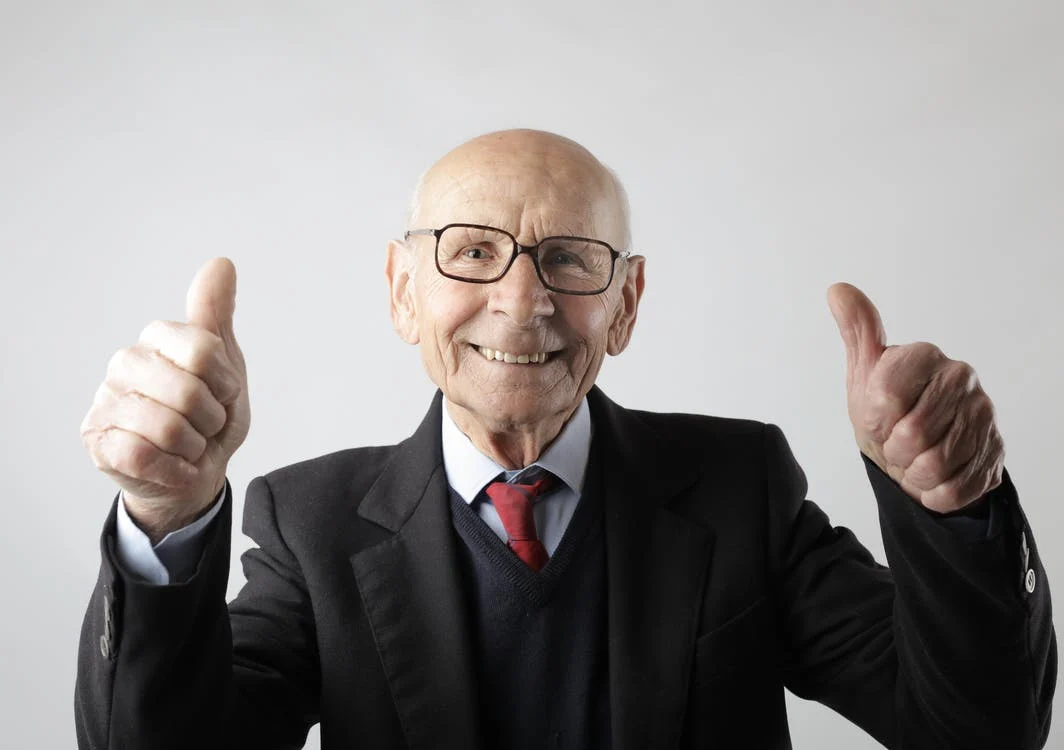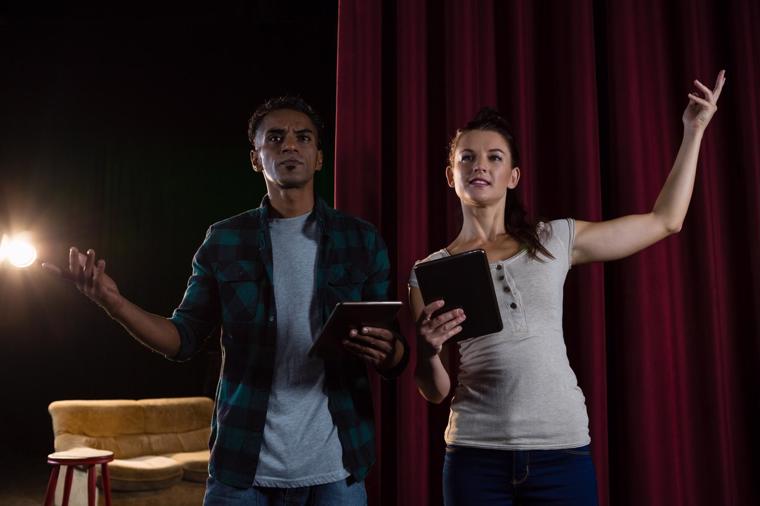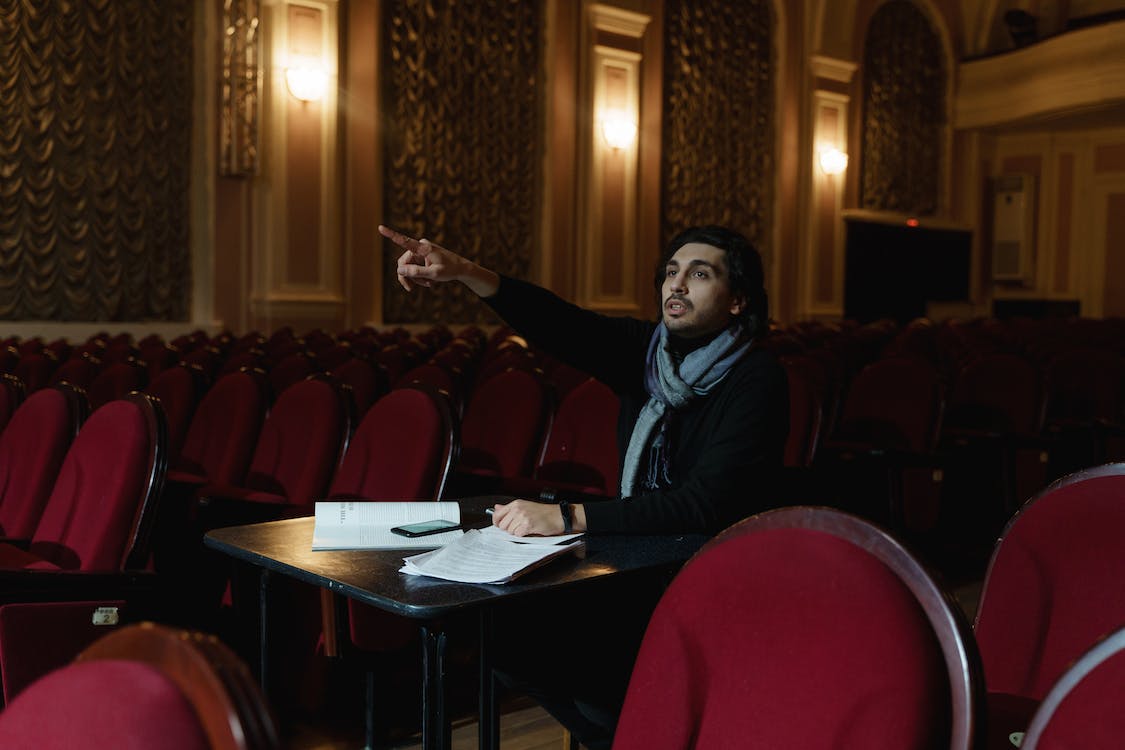What Are Good Signs at an Audition?
(By Ray Reese)
 (Photo: Cottonbro Studio | Pexels)
(Photo: Cottonbro Studio | Pexels)
RELATED TOPICS:
Auditioning can be a nerve-wracking experience for any actor. Whether you’re new to the industry or a seasoned professional, it’s natural to wonder if you’re making the right impression. While there are no guarantees in the audition process, there are certain signs that suggest your audition is going well and that casting directors are interested in you. Being able to recognize these positive signs can help you manage nerves and build confidence during your audition. Here’s a breakdown of what to look for during the process to gauge if you’re on the right track.
1. Positive Body Language from the Casting Director

(Photo: Andrea Piacquadio | Pexels)
One of the first indicators that you’re making a good impression is the casting director’s body language. If they are leaning in, making eye contact, nodding, or smiling while you perform, it’s a sign they are engaged with your performance. A casting director who appears relaxed and interested in what you’re doing likely finds your portrayal compelling.
On the other hand, if they are looking at their phone, yawning, or appearing distracted, it may suggest that they are not connecting with your audition. Of course, sometimes casting directors may appear more reserved, so don’t be discouraged if their reactions are subtle—but overall, positive body language is a good sign.
2. Engagement and Feedback
If the casting director offers you specific feedback during or after your performance, it typically means they are invested in your audition. A casting director who provides detailed directions or suggestions—like asking you to try a different take or explore the character’s emotions in a new way—is showing that they are interested in seeing more of your range.
If they offer compliments such as, “That was great!” or “I love how you handled that scene,” take that as a good sign. Even subtle feedback like, “I’d love to see you try that with a little more energy,” indicates that they’re engaged and want to see how you can adapt.
3. Requests for More Takes

Casting directors often ask for additional takes if they see potential in you. If you’re asked to do the scene again or take another pass at it with a different emotional tone or pacing, it means they are intrigued by your performance and want to see more. This is especially true if they give specific directions, like “Try it again with more anger” or “Let’s see it with a lighter approach.”
Being asked to do multiple takes is a good sign that they are seriously considering you for the role and want to explore how you can bring different layers to the character.
4. Interest in Your Availability
When a casting director asks about your availability, it’s usually a sign that they are considering you for the part. If they ask about your schedule or when you’re free for callbacks or for the next round of auditions, it suggests that they want to keep you in the running.
They may also ask if you’re available for a callback within a specific timeframe or about your commitment to the project. This shows that they are factoring you into their planning and are trying to gauge whether you’re a good fit for the role.
5. A Relaxed and Comfortable Atmosphere

(Photo: Cottonbro | Pexels)
Casting directors who create a relaxed atmosphere during the audition are likely to be engaged with you. If they offer a few words of encouragement before or after your performance, make small talk, or ask about your day, it can signal that they’re trying to make you feel comfortable, which in turn helps them see your true potential.
Sometimes, casting directors may even share a laugh with you, especially if the material allows for it. A friendly tone and warm environment are positive signs that they’re enjoying your audition and want to see the best version of you.
6. Compliments or Positive Comments
While not all casting directors offer direct compliments, any positive feedback or remark about your performance is a good sign. Comments such as, “You really nailed that moment,” or “You have great chemistry with your scene partner” indicate that they see something they like in you.
Even casual remarks like, “That’s exactly what we were looking for” or “You really brought something special to that scene” are clear indicators that you’ve left a positive impression. These types of comments are usually genuine and show that they’re paying attention to your performance.
7. They Ask You to Stay Longer
If the casting director invites you to stay longer for additional readings or requests that you stay in the room after your audition, it suggests they are seriously considering you for the role. They might also ask if you’re available for another audition or further discussions, which indicates that they want to keep exploring your suitability for the role.
Casting directors may even ask for a “callback” on the spot, especially if they’re excited about you and want to move forward with you.
8. They Ask for Personal Information or Resume Details
Casting directors who are interested in you may ask for more details about your availability, career history, or your agent’s contact information. If they want to know more about your past experience or ask about your upcoming projects, it’s a sign they are evaluating your fit for the role.
This also applies if they ask about specific skills you possess, like dancing, singing, or accents, which might be relevant for the role they are casting. Their interest in your background and future projects is a good indicator that they are considering you for the part.
9. They Request a Call Back
A callback is one of the clearest signs that you’ve made a good impression. If a casting director invites you back for a second audition, it means that they see potential in you and want to further evaluate how you fit the role. Callbacks often involve reading with other actors or diving deeper into the character, but being asked to return means you’ve passed the first round with flying colors.
10. They Seem to Enjoy Your Energy
Casting directors are always looking for actors who can bring a unique energy to the role. If they seem to enjoy your presence, your delivery, or your interpretation of the material, it’s a strong indication that they are interested in you. They may even express how your energy fits with the tone of the production, or comment on how you’ve embodied the character in a fresh way.
11. They Don’t Rush You
When a casting director is invested in your audition, they’ll give you the time you need to deliver your best performance. If they allow you to explore the scene without rushing you through it, they likely want to see you at your best. The more relaxed and unhurried the session, the more they may be evaluating your range and skills.
While there’s no way to know with certainty whether you’ve secured a role right after an audition, these positive signs can give you an idea of how well things went. Positive body language, specific feedback, multiple takes, compliments, and follow-up interest all point to a strong audition. Ultimately, casting directors are looking for someone who can bring something unique and authentic to the role, so if you’ve made a lasting impression, these signs will help confirm that you’re on the right track.
Remember, the audition process is subjective, and even if you don’t see these signs, it doesn’t necessarily mean you didn’t do well. Keep honing your craft, stay confident, and trust that every audition is an opportunity to grow and improve.



